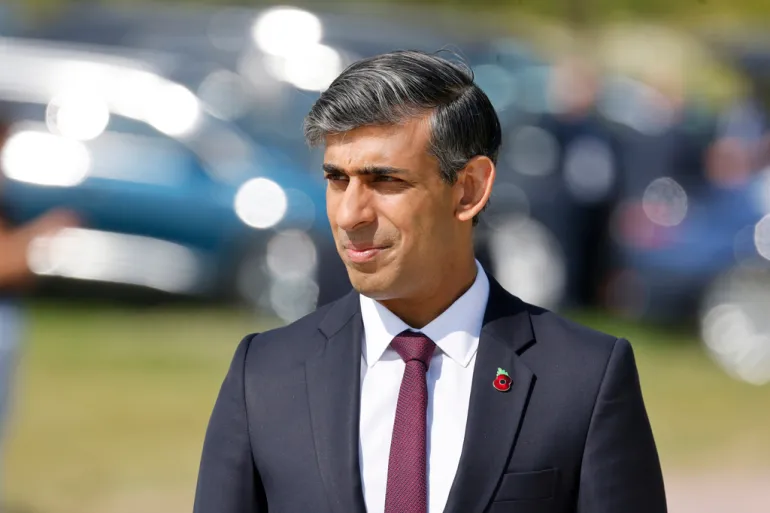Prime Minister Keir Starmer’s approval rating has dropped from +11 in July to -38 in October just three months into office.
This 49-point drop, reported by polling group More in Common, represents the steepest fall for any newly elected Prime Minister in recent British history, casting shadows over Starmer’s early days in office.
Following Labour’s landslide victory in July, which secured a 174-seat majority, Starmer’s popularity reached an initial high but has since seen a dramatic reversal. Comparisons to past Prime Ministers highlight the severity of this fall.
Tony Blair, for instance, retained an approval rating of +46 for months following his 1997 election win, while David Cameron and Boris Johnson both sustained positive ratings well into their tenures.
Unprecedented Drop in Popularity
Luke Tryl, executive director at More in Common, described the situation as “unprecedented” compared to other modern Prime Ministers. “Although they had a landslide, in terms of popularity they didn’t have the slack to spare that other new governments had,” he observed.
According to Tryl, public frustration is mainly directed toward two recent policy decisions: cuts to the winter fuel allowance and the early release of prisoners.
“If you ask what people have noticed, by a country mile it is the decision on the winter fuel allowance and the early release of prisoners,” Tryl said. With rising energy costs, cuts to the winter fuel allowance have faced significant backlash, particularly from vulnerable groups.
The early release of prisoners has also raised security concerns among voters, further fueling public doubt about the government’s priorities.
The recent polling data also follows reports of internal divisions within the Labour Party. Questions have surfaced about donations received by the Prime Minister and other senior ministers, creating additional tensions that have overshadowed Labour’s early victories.
Chancellor’s Budget Could Shift Perceptions
The release of Starmer’s approval numbers comes just days ahead of Chancellor Rachel Reeves’ budget announcement. Reeves is expected to outline substantial fiscal measures, aiming to address what she describes as “14 years of Tory damage.”
The Chancellor has assured Labour members and the public that, while tax increases may be necessary, the government will not introduce “new austerity.”
With high inflation and rising economic concerns, the Chancellor’s plan is set to be a defining moment for Labour’s first 100 days in office. Economic growth remains a focal point of the party’s agenda, though balancing it with public needs is a challenge, given the cautious reception to Labour’s early policies.
Labour’s spokesperson acknowledged the importance of public opinion when asked about the government’s performance. “It’s up to the public to decide whether the first 100 days of the government have been a success,” the spokesperson commented, suggesting an awareness of the concerns already facing Starmer’s administration.
Interestingly, former Prime Minister Rishi Sunak, who lost the recent election, has seen a slight uptick in popularity, now at -31. The contrast has intensified scrutiny on Labour’s new administration, which faces heightened expectations after their decisive win.

More in Common’s poll surveyed 1,012 adults from October 9 to 10, offering a snapshot of the public mood. The outcome of Reeves’ budget presentation and the government’s response to early critiques may ultimately determine whether Starmer’s approval can be recovered.
READ ALSO: Tiwa Savage Flaunts Bag Along With Other Luxury Items




















